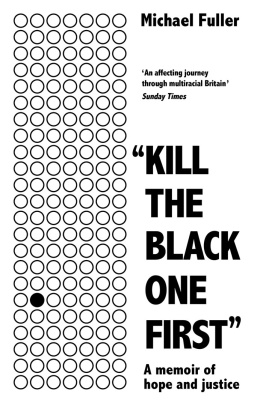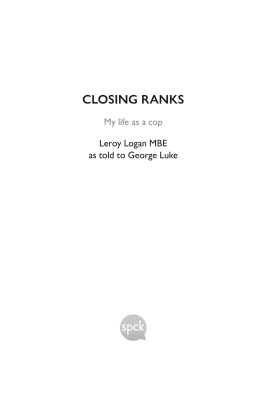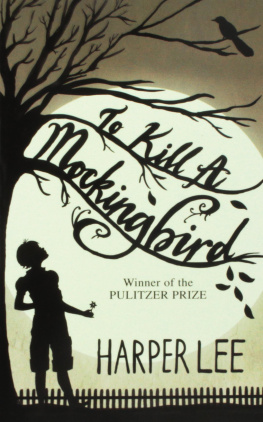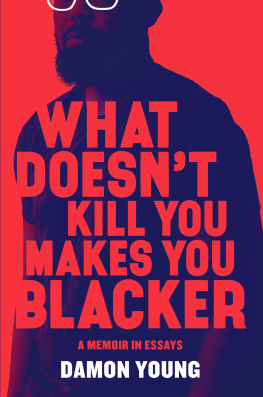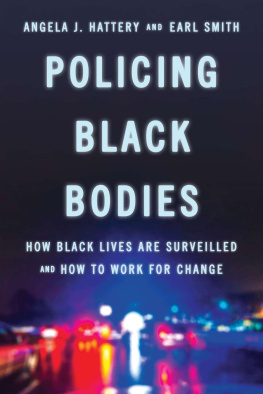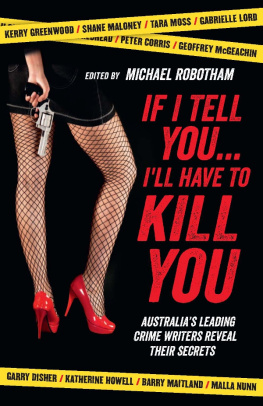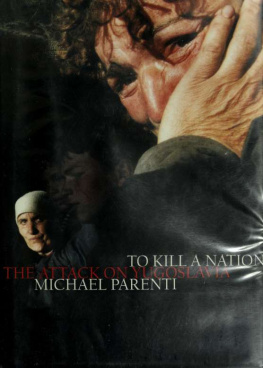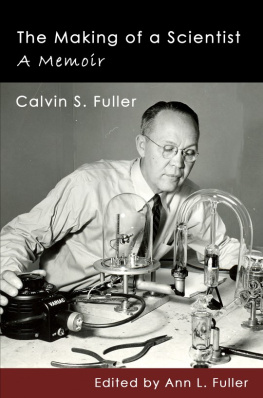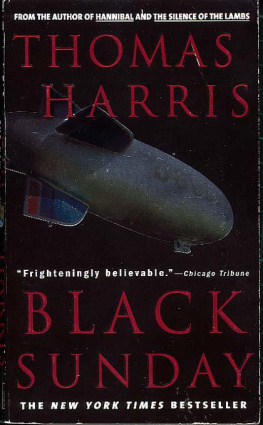

First published in the UK by Blink Publishing
An imprint of Bonnier Books UK
80-81 Wimpole Street, London, WIG 9RE
Owned by Bonnier Books
Sveavgen 56, Stockholm, Sweden
twitter.com/BlinkPublishing
Hardback 978-1-788700-84-9
Paperback 978-1-788702-86-7
eBook 978-1-788700-85-6
All rights reserved. No part of the publication may be reproduced, stored in a retrieval system, transmitted or circulated in any form or by any means, electronic, mechanical, photocopying, recording or otherwise, without prior permission in writing of the publisher.
A CIP catalogue of this book is available from the British Library.
Designed and set by seagulls.net
1 3 5 7 9 10 8 6 4 2
Copyright Michael Fuller, 2019
Hardback edition was first published as Kill the Black One First:A Memoir in 2019. Paperback edition was published as A Search for Belonging in 2020. This edition first published by Blink Publishing in 2021.
Michael Fuller has asserted his moral right to be identified as the author of this work in accordance with the Copyright, Designs and Patents Act 1988.
Every reasonable effort has been made to trace copyright holders of material reproduced in this book, but if any have been inadvertently overlooked the publishers would be glad to hear from them.
Blink Publishing is an imprint of Bonnier Books UK
www.bonnierbooks.co.uk
In memory of Margaret Hurst
CONTENTS
Kill the Black One First seemed an obvious choice for the title of my memoir. I had been defined by my colour since birth and on one fateful day in 1981 my life had been on the line for one reason only: because I am black. I was the only black police officer among a group of around 30 white police officers on the frontline of the Brixton riots. The words kill the black one first were shouted at me by a black rioter.
Both my agent and publishers loved the title and I insisted that it should appear in quotation marks rather than as a bald statement, to avoid giving the impression that it was a far-right treatise. I also wanted black words on a white background for the cover, to make the book stand out. I was subsequently told that this might marginalise it and categorise it as a race book. However, the publishers came up with a stunning black-and-white cover design that I was happy with and my book was first published in February 2019.
Early on in my publishing journey, I discovered that book titles can have consequences. A young black woman who worked for the publishers was accosted by a man on the train while reading a hardback copy of my book: Why are you reading that? It wasnt so much a question as a statement. Once shed explained the title and given the man a synopsis of the story, a constructive conversation took place. This incident made me realise the level of responsibility that came with publishing my life story under such an arresting title.
The media were very positive about publicising my memoir, although people did find the title shocking. A couple of friends burst into tears when I explained why Id chosen those iconic words and the book has provoked strong emotional reactions. Someone even accused me of racism by saying that a white author could not have published a book under the same title.
During the weeks that followed publication I felt that the title could be justified. After all, those five words encapsulated my lived experience of racism as one of a handful of black cops during the 1970s and early 1980s. It was not unusual for me to witness police banter from my white colleagues involving the use of racial slurs, which they not only found acceptable to utter in my presence but also highly amusing. If I objected to members of the public being called wogs or sambos by my fellow officers, Id be firmly told that the insults werent intended for me and to stop being overly sensitive.
I was very proud of the title of my memoir when it was first published and I loved the striking cover on which I was portrayed as a black dot. However, when I attended a book signing at my local police station I was surprised that an officer Ive known for years turned up carrying the book without its cover. She was sheepishly holding a plain black volume because she didnt want to be seen carrying the book around the police station with such a striking title.
When my life story went on sale in bookshops, I found other memoirs, mostly by pop stars and sport stars, in prime positions. I assumed that my book would find its way into the biography section, maybe not in such a prominent position as those by celebrities but somewhere accessible. Several other bookshops categorised it as a race book, and consigned it to the back of their shops. I could even describe it on occasions as having been hidden away. There was one bookseller though who was very supportive and arranged for me to do talks and signings, which all sold out before the event.
While the hardback sold well and the book received mostly five-star reviews, the publishers felt that the title might deter people from buying it. The book had been well-received at the numerous book festivals Id attended, although one had listed it as Get the Black One First.
The publishers asked me to come up with an alternative title that would have universal appeal for the paperback edition. They told me that my inspirational story was popular with everyone and wanted it to reach a wider audience. To begin with, I was reluctant to change anything and I felt unhappy about doing so. I had found the creative process uncomfortable at times but I had also felt a huge sense of achievement. After months of agonising and changing my mind, on almost a daily basis, as to whether to rebrand the book, we decided on A Search for Belonging for the title and the cover had a photo of me as a child on a boat looking wistful.
The theme of belonging is an important part of my story and was what sold the book to the publishers in the first place. Id spent my whole life trying to belong, first to my parents, who put me into care as a baby, then to a white society that made assumptions about my ability to succeed in anything other than music or sport. As a young black police officer I was often rejected as a traitor by people of my own colour and I found it hard to belong to an organisation branded as institutionally racist.
I experienced mixed feelings over the change of title and at times a huge sense of loss. Id put my heart and soul into marketing the book over a whole year and felt as if I was now having to start all over again. Yet I shared the publishers desire for my story to reach a wider audience and the paperback was published in February 2020.
Then the world changed in ways never seen before.
Just as the paperback should have been sitting on the shelves of bookshops all over the UK, lockdown closed them all, due to the COVID-19 pandemic. Then, as we were emerging from lockdown, the world changed again in the most dramatic way with the death of George Floyd. In London, several young women organised the first Black Lives Matter protests and many others followed throughout the UK. The younger generation has higher expectations than those held previously and they really do expect to be treated equally. No more stereotypes, tokenism or paying lip service to diversity and inclusion.
One major change that has taken place since the death of George Floyd is that people were seeking and reading books about race in huge quantities. At the beginning of June, Amazons UK bestsellers list was dominated by what it classifies as Discrimination and Racism Books. For the first time, books in that category reached number one in fiction and non-fiction. Then in July, a book that was originally published three years ago and would probably have been marginalised as a race book became Waterstones Book of the Month.
Next page
